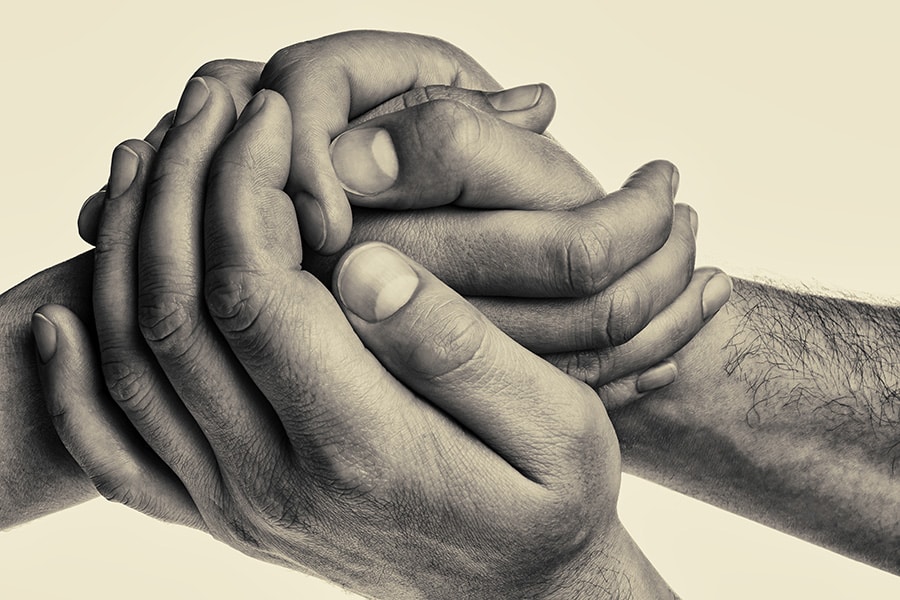At first glance, Power of Attorney and Guardianship may seem to be the same thing. However, there are quite a few differences between power of attorney vs guardianship. To know which option is best for you, read on.
What is a Power of Attorney?
Power of Attorney (POA) is the ability to act on behalf of an incapacitated individual. Usually, this authority is granted through legal documentation for Durable Power of Attorney. This document gives someone the power to make all non-medical decisions for someone who can no longer make decisions for themselves. Other types of POA grant health care decision-making authority on behalf of someone who cannot.
A Durable Power of Attorney has the authority to handle the individual’s finances. This can include making payments, opening bank accounts, and paying taxes on the incapacitated’s behalf. For a Durable Power of Attorney to be legally binding, the individual must have signed the document before they became incapacitated.
What is a Guardianship?
Guardianship, or conservatorship, is similar to Power of Attorney. The guardian has the authority to make decisions on behalf of an incapacitated person. This can include financial matters and medical decisions, depending on the type of guardianship. To be granted guardianship, the court will need to determine that the individual does not have the mental capacity to make their own decisions.
Power of Attorney vs Guardianship
Power of Attorney (POA) and guardianship differ primarily in their initiation and authority. A POA must be established proactively by an individual before they become incapacitated, enabling them to select someone to make decisions on their behalf. In contrast, guardianship is typically appointed by a court only after an individual has become incapable of making decisions for themselves. Additionally, while the authority in a POA is granted directly by the individual, a guardian is appointed by the court in cases where the individual has not previously arranged a POA. This difference highlights the level of control an individual has over the selection process and the timing of when these legal instruments take effect.
Pros and Cons of Power of Attorney
Pros:
- Proactive Planning: Allows individuals to plan in advance who will handle their affairs, potentially avoiding the need for a court-appointed guardian.
- Flexibility: POA can specify the extent of decision-making powers granted, from financial to medical decisions, and can appoint different people for different roles.
- Cost-Effectiveness: Establishing a POA is generally less expensive and less complex than pursuing guardianship, involving only the drafting and notarization of legal documents.
Cons:
- Limited Authority: A POA might face restrictions not applicable to guardianships, such as certain financial institutions rejecting older POA documents.
- Dependency on Individual’s Action: Requires the foresight and capacity of the individual to set up before incapacitation occurs.
Pros and Cons of Guardianship
Pros:
- Comprehensive Control: A guardian may be granted extensive decision-making powers by the court, suitable in cases where no POA exists or when the POA is deemed inadequate.
- Court Supervision: The appointment and actions of a guardian are regularly overseen by the court, ensuring protection for the incapacitated individual.
Cons:
- Cost and Complexity: The process to appoint a guardian is lengthy and costly, requiring medical evaluations, legal representation, and court hearings.
- Lack of Personal Choice: If no POA is in place, the incapacitated individual has no control over who is appointed as their guardian. This can lead to potential conflicts if multiple parties petition for guardianship.
Least Restrictive Alternative
Assigning a Power of Attorney is generally considered the least restrictive option, as it allows individuals significant autonomy in deciding who will manage their affairs and how. This proactive approach ensures that their wishes are respected without the need for court intervention.
The decision between establishing a Power of Attorney and relying on potential guardianship depends significantly on the individual’s current mental competency and their personal circumstances. Consulting with an estate planning attorney is crucial to understand the specific requirements and implications of each option in California.
Final Thoughts
Both Power of Attorney and guardianship are essential legal tools for managing the affairs of individuals who can no longer do so themselves. The right choice varies based on individual needs, capacities, and preferences, emphasizing the importance of informed and proactive legal planning. Have questions? If you’re still unsure about whether Power of Attorney or guardianship is the right avenue to pursue, call us at 800-840-1998. Give us a call or schedule a free consultation to get advice for your estate planning.
